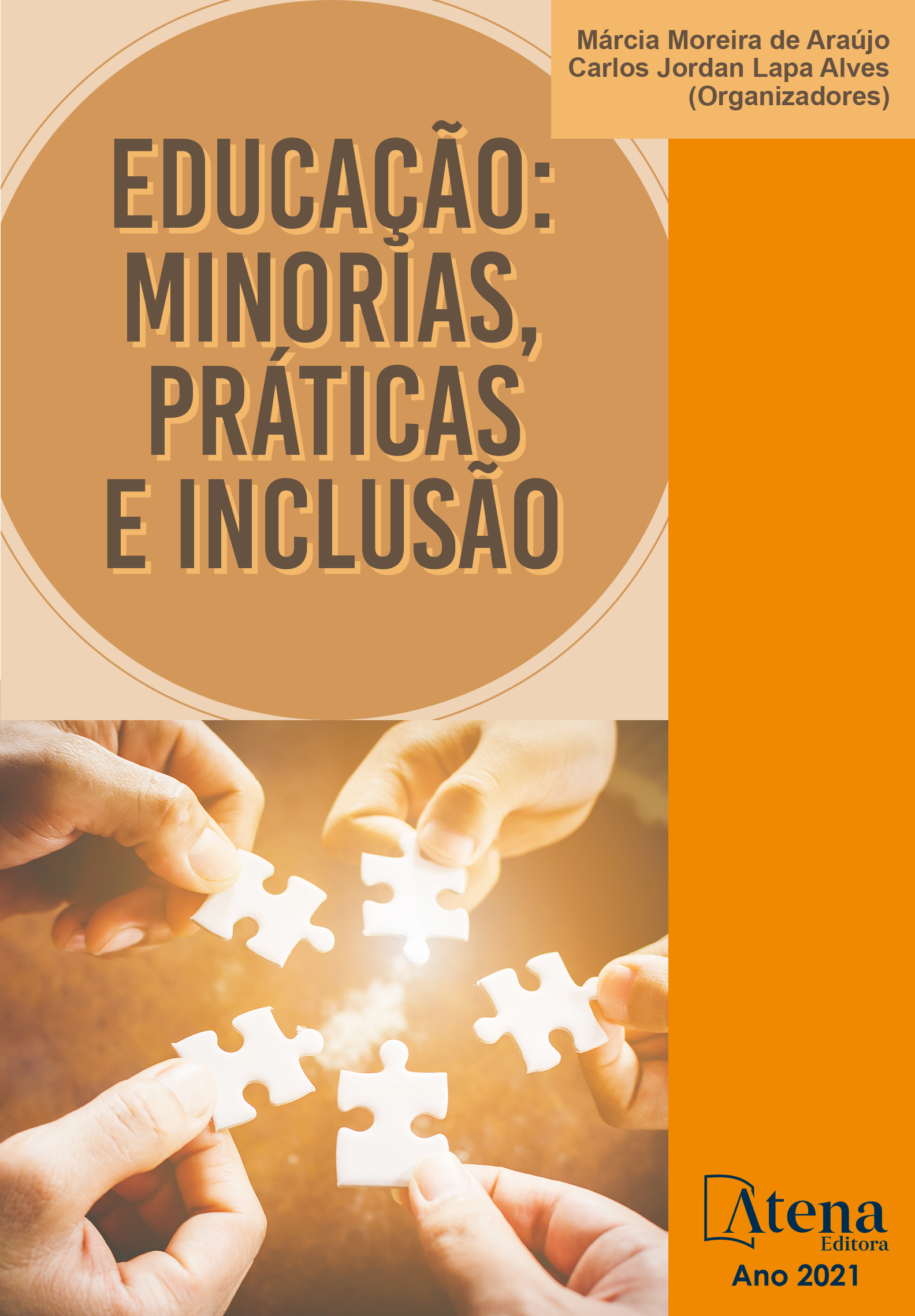
UMA COMPREENSÃO ACERCA DO PAPEL DOS INTÉRPRETES DE LIBRAS À COMUNIDADE SURDA: PERSPECTIVAS TEÓRICO-REFLEXIVAS
Estabelece-se como objetivo central deste estudo tecer reflexões acerca da importância da atuação e formação do intérprete de Libras. O questionamento que constitui a problemática da pesquisa é: como os intérpretes caracterizam a importância de seu trabalho na sociedade, especialmente para a comunidade surda? Frente a essa indagação, com a pretensão de respondê-la, adotou-se a abordagem qualitativa (LUDWING, 2014) e o paradigma interpretativista (MOITA LOPES, 1994), determinando como técnica de pesquisa a ação de entrevistar duas intérpretes de Libras de uma instituição de ensino particular localizada em uma cidade do estado do Paraná. Os resultados ratificam o quão importante é discutir sobre a atuação e formação desse profissional à comunidade surda, reforçando a necessidade de qualificação constante. Conclui-se que o progresso na educação inclusiva ocorrerá a partir da colaboração e empenho de todas as faces da sociedade, quando não for apenas um problema de um grupo minoritário em busca de melhorias.
UMA COMPREENSÃO ACERCA DO PAPEL DOS INTÉRPRETES DE LIBRAS À COMUNIDADE SURDA: PERSPECTIVAS TEÓRICO-REFLEXIVAS
-
DOI: 10.22533/at.ed.40421140522
-
Palavras-chave: Comunidade surda; intérprete de Libras; sociedade.
-
Keywords: Deaf community; Libras interpreter; society.
-
Abstract:
It is established as a central objective of this study to weave reflections on the importance of the performance and training of the interpreter of Libras. The question that constitutes the problematic of the research is: how do the interpreters characterize the importance of their work in society, especially for the deaf community? Faced with this question, with the intention of answering it, we adopted the qualitative approach (LUDWING, 2014) and the interpretative paradigm (MOITA LOPES, 1994), determining as a research technique the action of interviewing two interpreters of Libras from a private educational institution located in a city of the state of Paraná. The results confirm how important it is to discuss the performance and training of this professional to the deaf community, reinforcing the need for constant qualification. It is concluded that progress in inclusive education will take place from the collaboration and commitment of all sides of society, when it is not just a problem of a minority group seeking improvement.
-
Número de páginas: 9
- Luan Tarlau Balieiro


